Social acceptance
Sometimes we’re given an unexpected, practical gift. One of those gifts came my way on a bright, sunny afternoon the last week of August. My daughter and I were sitting on the trampoline reading (me) and sketching (her) and my neighbour leaned through the lattice to ask me a question. We chatted about some things, catching up and after several minutes of conversation, I asked how her granddaughter, who lives there as well, was doing. She responded, matter of factly, that they would be homeschooling this year.
Why was this a gift? Well, I’ve been hearing from so many people who are either taking their school’s online school at home option, beginning to home educate or doing a combination of both. I’ve been trying to be helpful, realizing there are lots of challenges for people feeling thrown into figuring it out. I also suspected that there was one pretty major benefit to beginning to home educate right now but couldn’t be sure, and this conversation confirmed it from yet another person.
It’s that homeschooling just became socially acceptable. Something that was still considered fringe and curious and sort of “out there” is suddenly considered a very reasonable choice. Something that many people thought they couldn’t do, was suddenly something they either had to do, and, like many things in life, figured out. Or they realized they had actually been wanting to try and found they and their children were capable of it.
I knew this. I knew it because an enormous part of the difficulty that home educating parents have always faced, has been navigating the opinions and concerns, however well-meaning, of friends, family, neighbours, acquaintances and honestly, even just people they run into out in public. Sure, there are plenty other challenges to work through because, well, it’s life and family dynamics and you are figuring out your days together, but when you take away the element of having to defend your decision, it frees up a big piece of energy.
So, back to the conversation that confirmed this for me just as I was thinking about it … We chatted about what kinds of things they’d be doing this fall and it sounded so much like our own fall season through the years, but stated with a whole lot more confidence than I’d often felt. The little girl and her mum had been connecting with a couple of other families over the summer and would continue to do things together in the afternoon. They were figuring out some outdoor spaces that they could take advantage of. She was enthusiastic about a waterside park about 10 minutes away. It has a lovely rock beach, bike trails and outdoor workout equipment that both children and adults can use. I knew the one. L and I had just been chatting about the possibility of meeting friends there the next week. I mentioned the botanical gardens down the street and the salmon that would likely be swimming up the creek against the current within a couple of weeks. She liked that idea. I mentioned that to see a more dramatic version of that, she could go a couple of towns to the east and watch the salmon jump up a steep incline. She knew the one. She mentioned really taking advantage of the outdoors this year, in all of our extreme seasons and I agreed. We compared ideas for tobogganing hills and each passed on a new one to the other.
There are some differences. They will be at least trying out their online school curriculum and are thinking of things in terms of subjects, so going to the park workout equipment will be “phys.ed.” We don’t compartmentalize subjects that way. We just see that as life. What is the same, though, is that we were each looking ahead to open time and thinking through rhythm and opportunities that will work for where we’re at with our particular families with confidence in letting people know.
Another difference is that they are going into their first year and we are going into our eighteenth! How I wish I’d been able to speak so freely even seven months ago, without preparing to defend.
So, enjoy! If you’ve just nicely decided to try the home education route, rest easy that you’re choosing something that is now within the realm of acceptable, at least for this year, but I suspect for the long term.

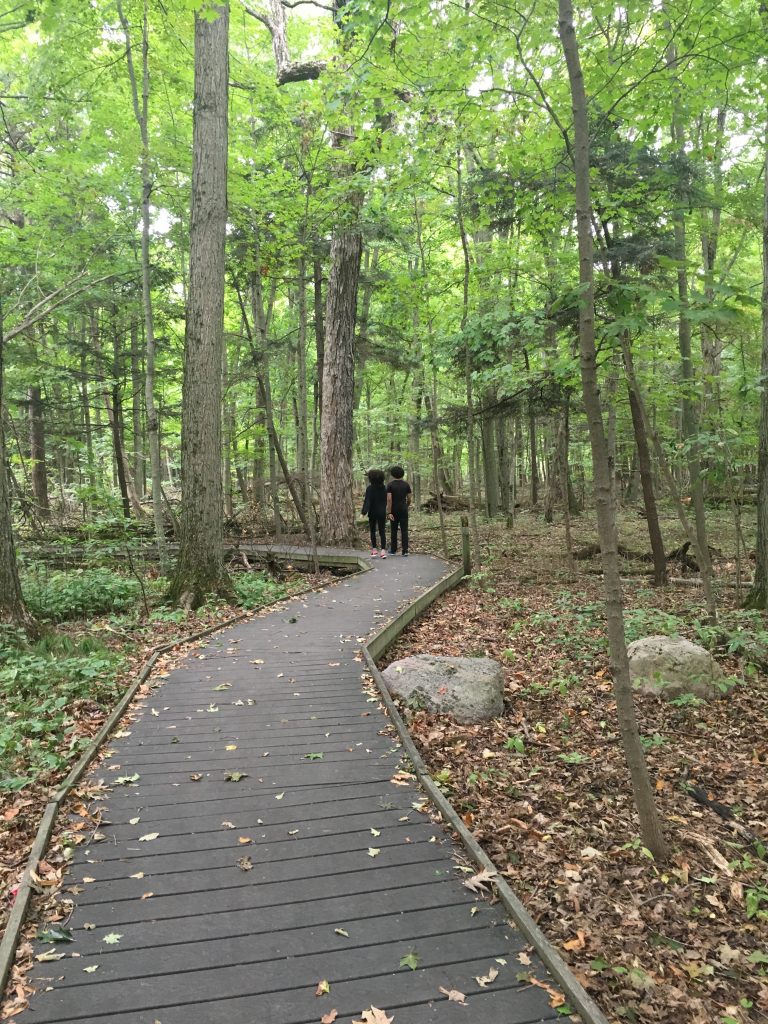
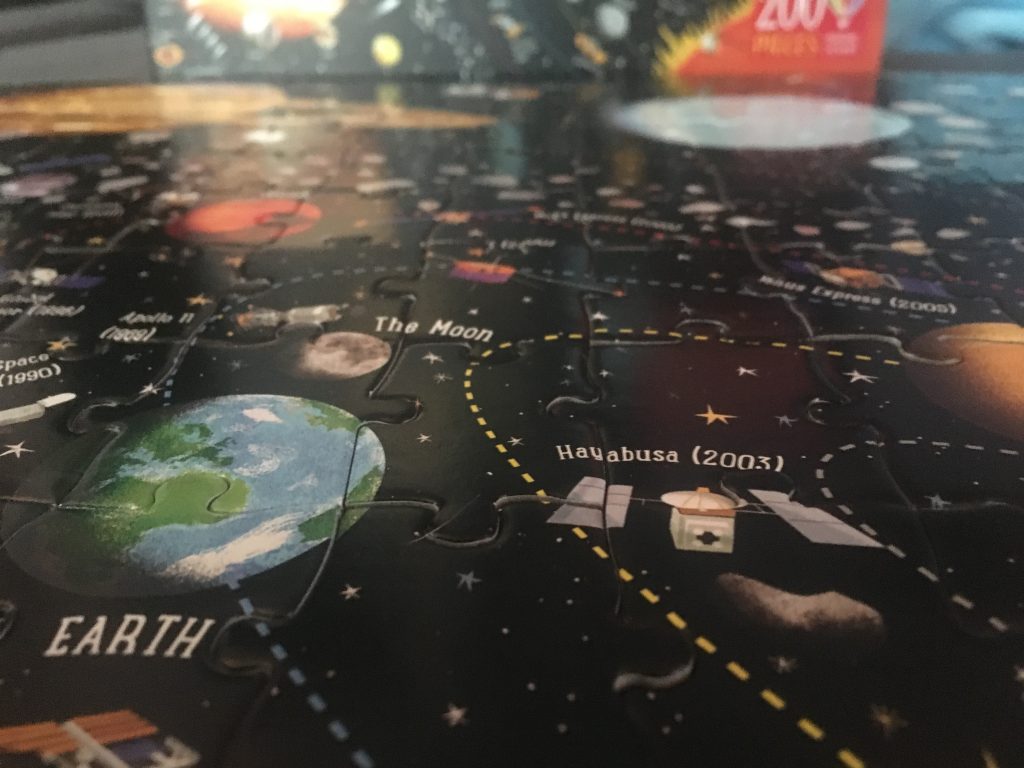
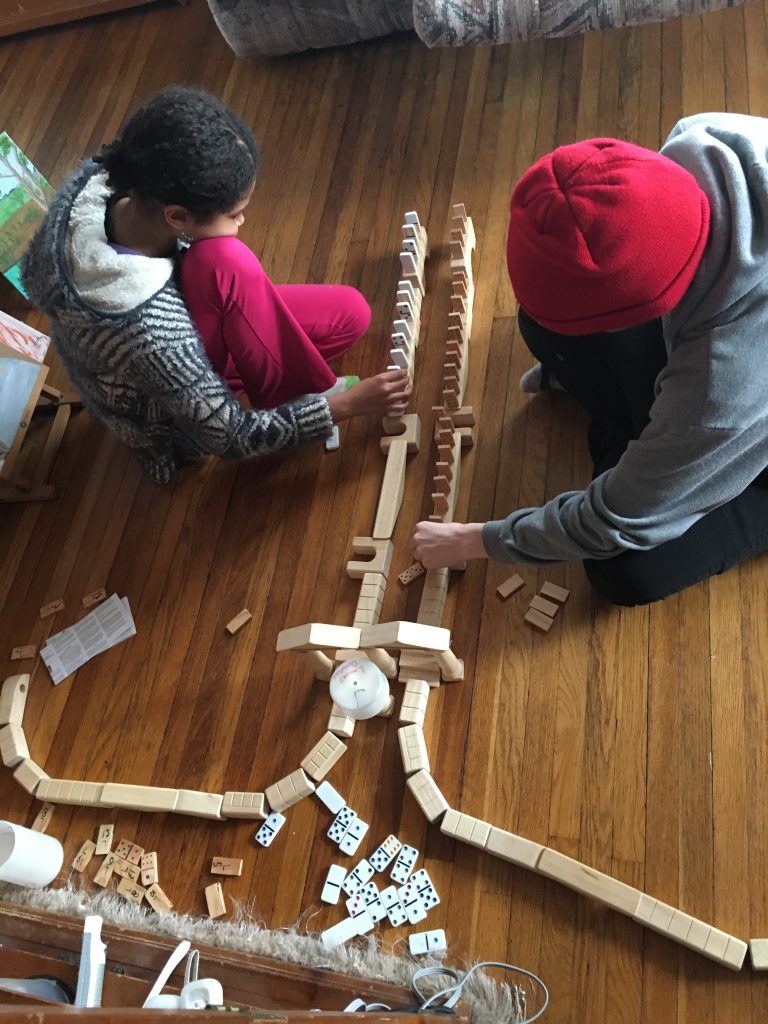
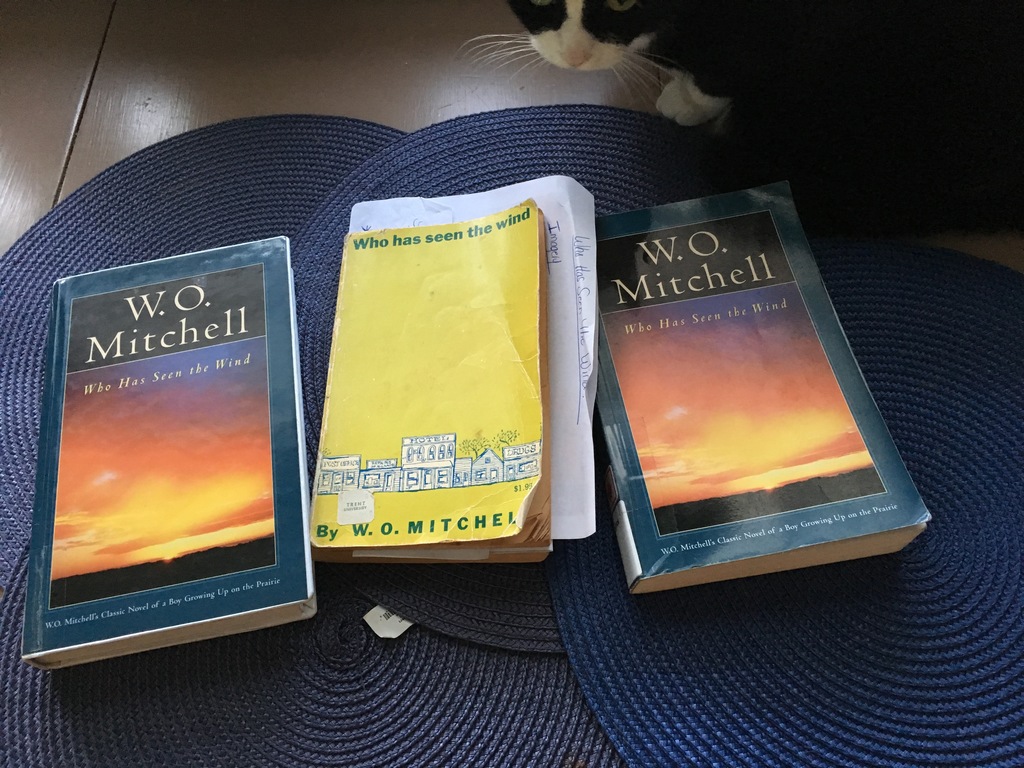
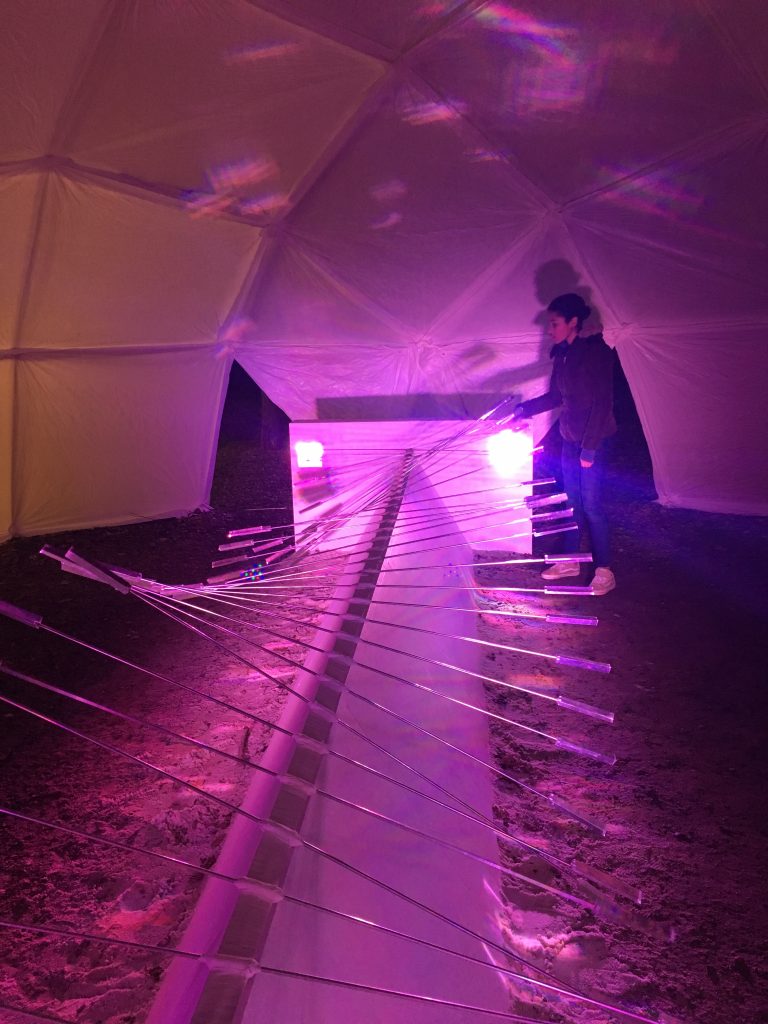




An interesting exploration of the benefits and drawbacks, Erin, thanks.
Totally feel you on this – ‘when you take away the element of having to defend your decision, it frees up a big piece of energy’. Shame we’re not further along with this, at least feels that way here in the UK right now, much media discourse and disbelief expressed about how children can possibly learn without school. But as you so rightly say, more conversation and choice is a good thing.
With over ten years home-edding behind us and maybe, hopefully, another ten or so ahead, we wholeheartedly agree that the depth and richness of the benefits massively outweighs the challenges along the way 🙂
And for anyone new to home-ed, highly recommend the questions and resources from your earlier post https://www.everlearning.ca/finding-yourself-suddenly-expected-to-homeschool-during-a-pandemic-its-ok-if-you-havent-got-this-i-havent-either/ Love it 🙂
Hayley, thank you so much for your thoughts and link:). It’s interesting, there is still lots of talk here in Canada as well about all the lost learning from schools having been closed. A great deal of it is in the media though. I have heard several parents say differently. I think some people are beginning to see that what has taken place for kids during the pandemic is just different learning, not a lack of learning. I was in line in a store a couple of days ago and a Canadian magazine was featuring another article about the stresses of being both parent and teacher which I can absolutely understand (especially where linked to employment), but I hope we can keep reframing the different, unstandardized possibilities of what learning can look like. I actually haven’t read it yet. I’m really hoping more people will have a chance to experience a more natural way of learning, rather than throwing their hands up in despair because it can be so hard to follow someone else’s standardized idea of how children should learn.